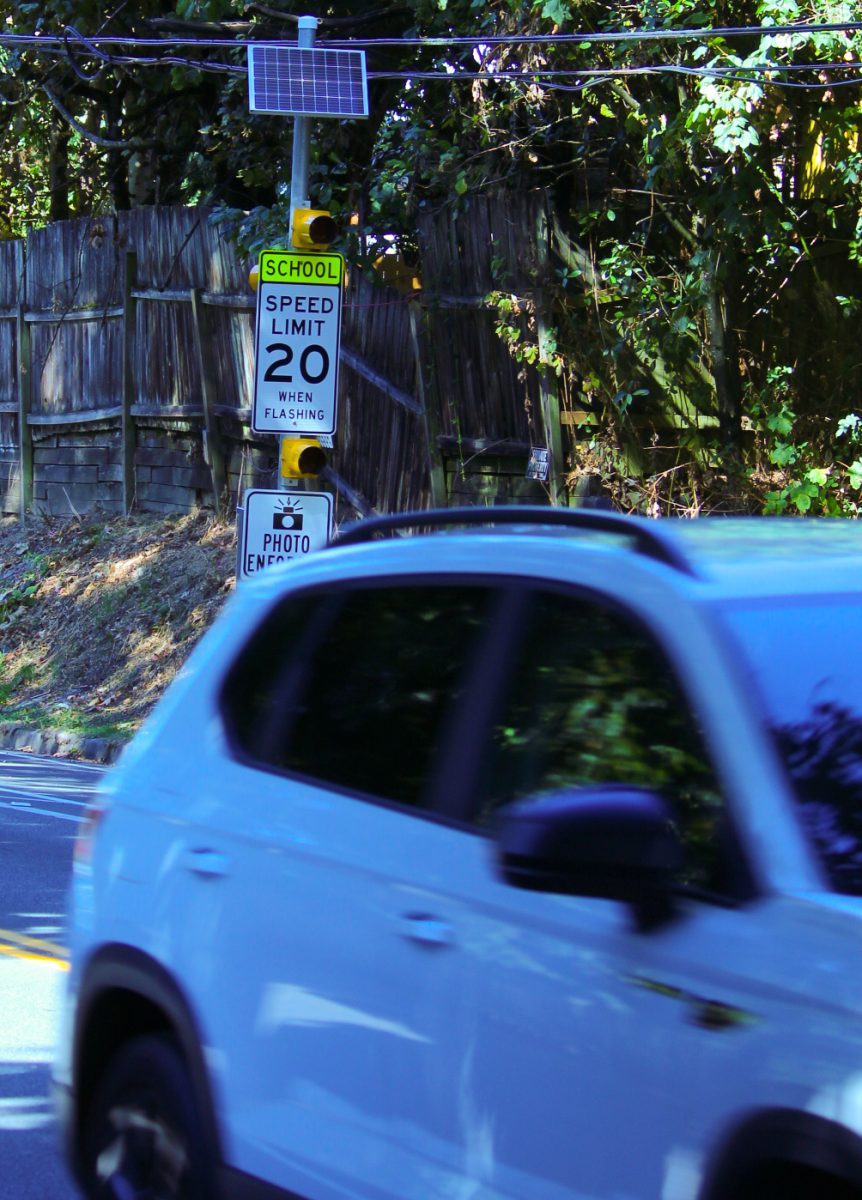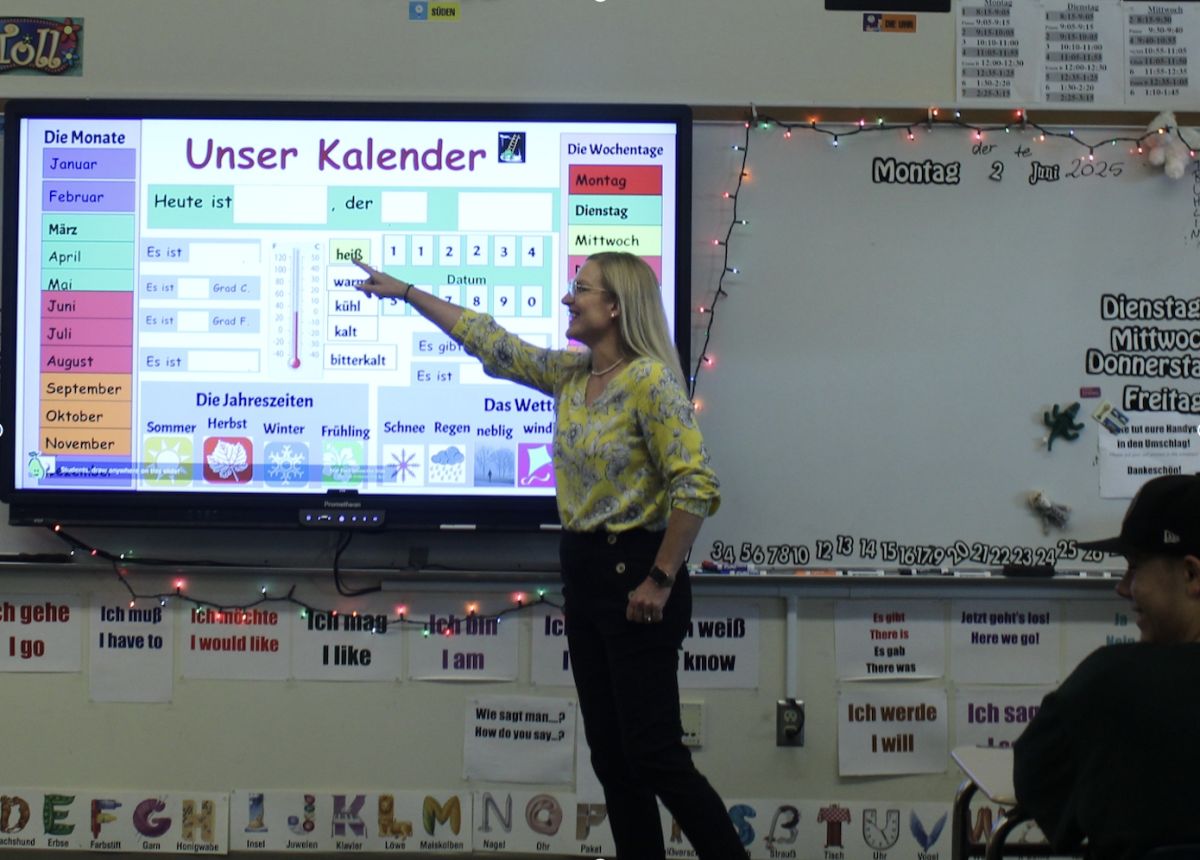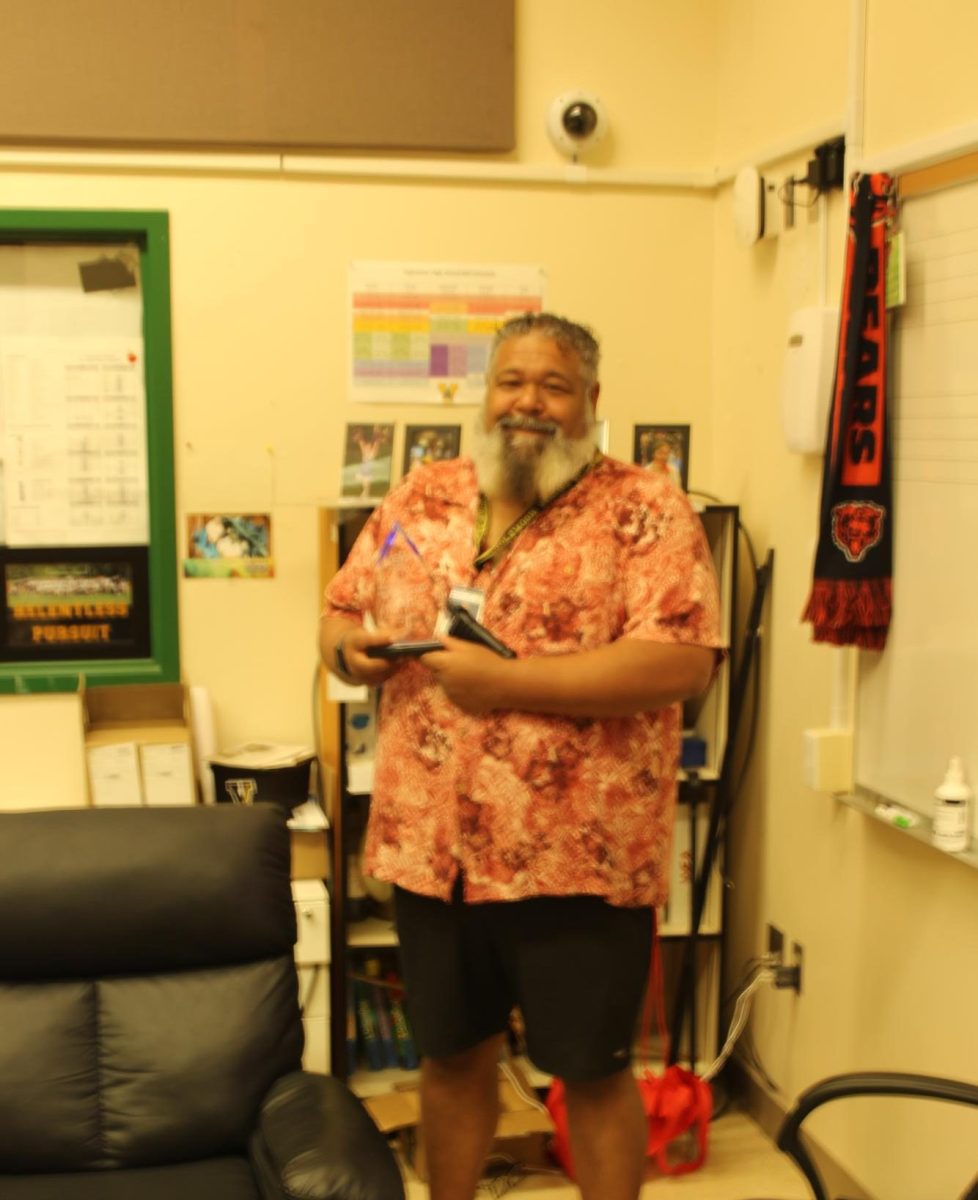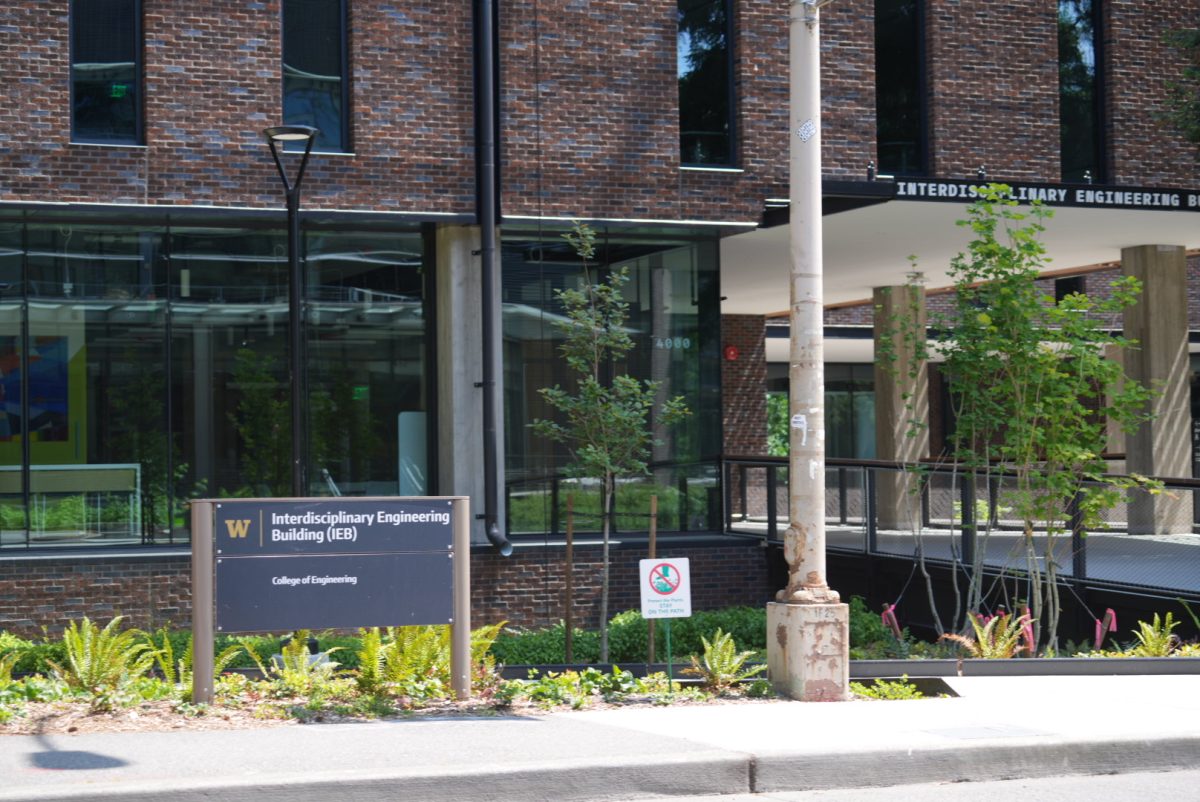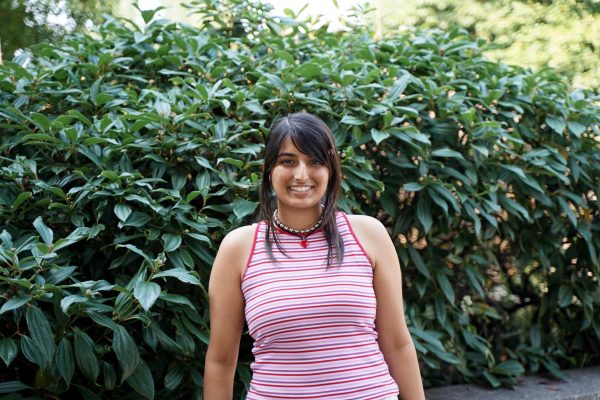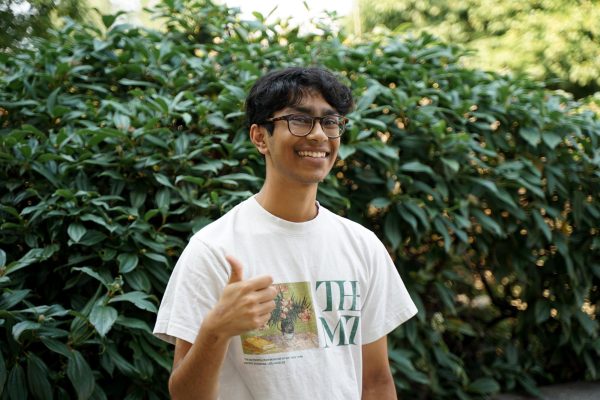Washington state’s primary elections are on Aug. 6. Democrat and incumbent Senator Maria Cantwell is running for reelection this year against main Republican candidate, Dr. Raul Garcia. Other candidates include Thor Amundson, Paul Gieseck, GoodSpaceGuy, Henry Dennison, Isaac Holyk, Melanie Ram, Charlie Jackson, Scott Nazarino and David Tilton. During primary elections, voters will choose two candidates to be on the general election ballot in November.
Cantwell has been representing Washington as a U.S. senator since 2001 and is currently the lead contender. Her focuses are on reproductive rights, environmental protection, healthcare, jobs and housing.
Garcia, who is running for his first term, is the leading Republican candidate. He’s committed to solving the fentanyl crisis, improving women’s health, and addressing rising inflation and the growing cost of living. Before running for senator, he worked in emergency medicine for 25 years and served as the medical director of two hospitals.
Civics and contemporary world issues teacher Alexandra Baker (she/her) said that all 100 U.S. senators are responsible for laws being passed and for regulating the president’s power.
“The United States — unlike Great Britain’s form of democracy — we really value principles that make the people more powerful than the government. So there’s a variety of principles that we’ve instilled like separation of powers, and checks and balances, to ensure that the people remain more powerful than the government,” Baker said. “So the legislative branch, their purpose is to legislate: to make laws and to reform them.”
Senators hold a six-year term, but senate elections occur every two years. Additionally, senators are split into three classes, and every two years, Americans vote on senators from one of the classes. That means only one-third of senators’ terms are set to expire every two years. In 2024, senators from Class 1 are facing election.
Overall, Baker said it’s important for voters to look for qualities that resonate with their values when voting.
Senior Quinn Ye (he/they) said that even though senators hold a very prominent role in the government, he wishes that there was more campaigning from candidates.
“I still think it’s odd not seeing anything,” Ye said. “It’s just, ‘Well, where is it all?’ But I think that’s just a me thing. But still, reading through where policies, positions, where stuff is, it’s all on the internet if you want to look for it.”
Ye isn’t registered to vote because they don’t have American citizenship. However, they highly encourage those who are eligible to do so.
“I think keeping up with upcoming elections is still important,” he said. “As someone who lives here, I need to know what’s happening, and if policies change, that would be affecting me as a resident.”
Overall, Ye appreciated the knowledge that Baker’s civics class provided in regards to Washington’s local government.
“I never really hear anything about what’s happening on the local level, only on the national level, because that’s what everybody’s talking about. But there are still little things that happen in your local community that can change how you live your life sometimes,” Ye said.
Understanding the Senate elections holds even more importance since senators represent our state on a national level and have a major role in the federal legislative processes.
As youth voters are the largest voting block in Washington, Baker also said, “If the system works perfectly, and we have a really high voter turnout, especially from young voters, we’re gonna get representation that reflects the will of the people. But when we don’t have high voter turnout, we instead have the typical voter who is significantly older than most voters. Young voters are the largest voting block, and they just don’t vote, and so they give up their power to other people.”
A major part of Baker’s curriculum in civics is demystifying the voting process for her students.
“I show them how to connect their values to the issues that they care about and apply that to an election. I give them very real examples of how decisions that voters made twenty years ago are the reason why we have X, Y and Z in our local community. Or I give them real examples of students who have lobbied their elected (official)s, and then their electeds really changed their views.”
Ye said, “Mrs. Baker talked about this, but in the last presidential election, there was a 50% youth turnout,” he said. “As cheesy as it sounds, young people are the future.”




